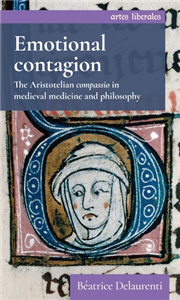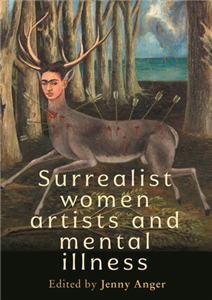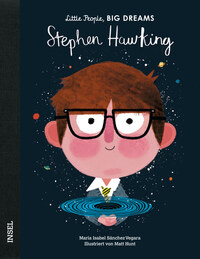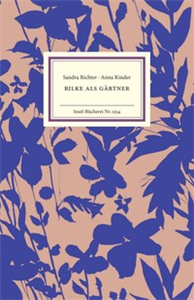Haemophilia
Guidelines for pharmacists
by Dr. Carmen Escuriola Ettingshausen and Nico Kraft
With the introduction of emicizumab (Hemlibra®) onto the market in February 2018, the advising of patients with blood clotting disorders entered the realm of the pharmacy. After the German law for greater safety in the supply of medicines (GSAV) came into force in August 2020, all drugs for the specific treatment of blood clotting disorders associated with haemophilia – i.e., also products containing clotting factors – are distributed through pharmacies. This change in the law represents an opportunity and at the same time a challenge for pharmacies. A physician and a pharmacist answer questions about the fundamentals of the disease and how to handle its treatment: ■ What causes haemophilia and how is it manifested in patients? ■ Which drugs are used and how is treatment given? ■ What needs to be observed when supplying patients via the pharmacy? Patient, Haemophilia Centre, Pharmacy – seize the opportunity as a pharmacy and establish your position as a competent and reliable partner in this relationship.





























